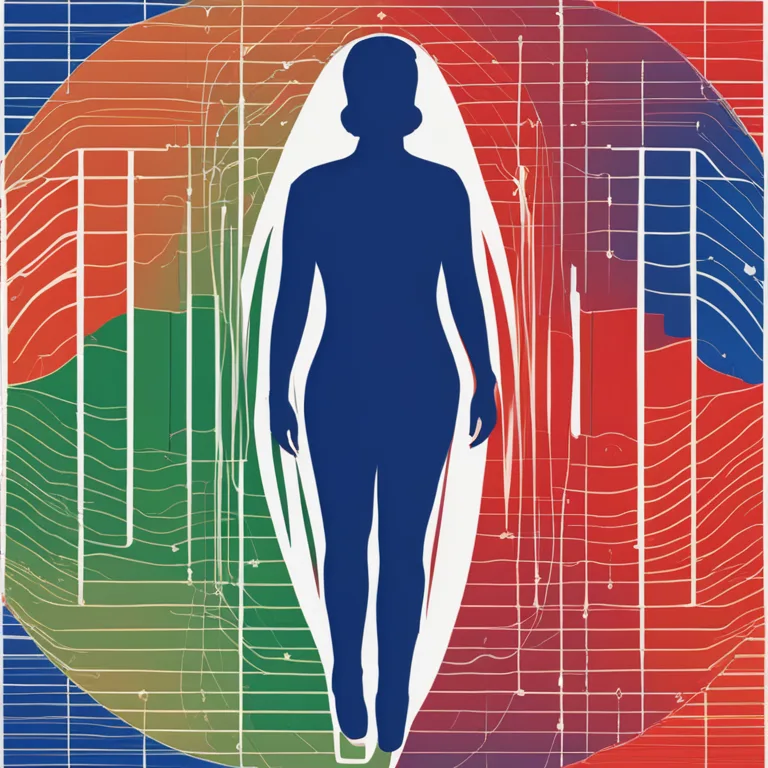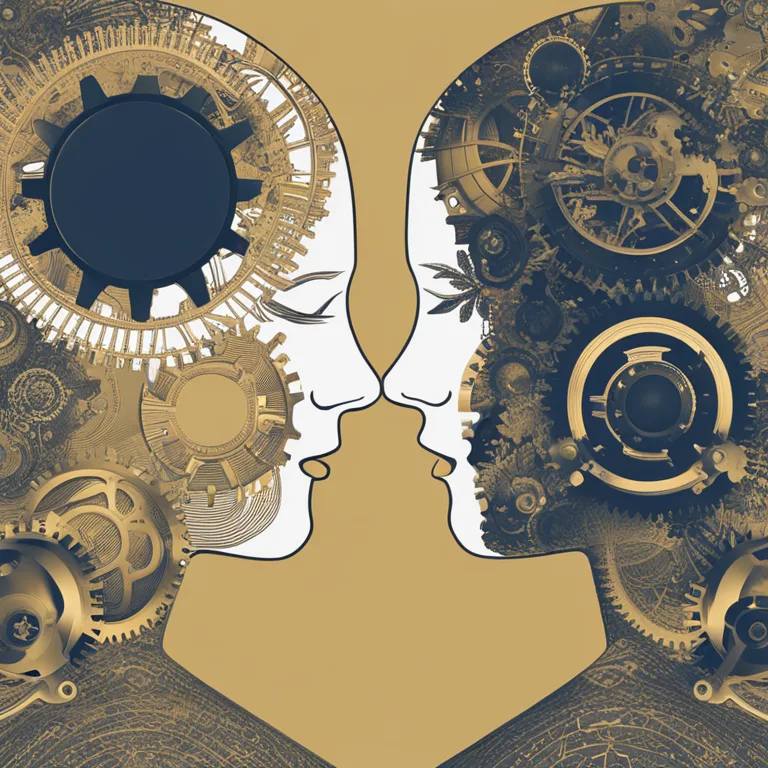
Harmonizing Relationships with Biorhythm Compatibility
Discover how biorhythm compatibility can influence personal relationships and find out ways to improve your interpersonal sync.
article by Adrian Wallace
Introduction to Biorhythm Compatibility
Biorhythms are a fascinating concept that suggests our daily lives are affected by rhythmic cycles. According to this theory, there are three primary cycles: physical, emotional, and intellectual, each of which impacts us in different ways. Biorhythm compatibility, or the comparison of two individuals' biorhythm cycles, can potentially shed light on the dynamics of personal relationships. By examining how these cycles align or conflict, individuals may gain insights into the ebbs and flows of their interactions with others, especially in matters of compatibility. This concept has grown in popularity and is now used by some as a tool for fostering harmony in various kinds of relationships, from romantic partnerships to professional collaborations.

Physical Biorhythm and Its Influence
The physical biorhythm cycle lasts approximately 23 days and governs our energy levels, strength, and overall physical condition. In the context of biorhythm compatibility, partners or colleagues with synchronized physical cycles may find they are more active and productive together. Conversely, when these cycles are out of sync, it could lead to tension or a lack of synergy. Recognizing these patterns can be critical for timing activities that require physical effort, such as sports, moving house, or embarking on a travel adventure, ensuring that both parties are at their physical peak.

Emotional Biorhythm and Relationship Dynamics
With a cycle of 28 days, the emotional biorhythm influences our mood, feelings, and sensitivity towards others. Compatibility in this domain is often considered crucial for romantic relationships. When partners' emotional cycles are in harmony, they might experience heightened empathy and a stronger emotional bond. On the other hand, mismatches in emotional cycles could lead to misunderstandings or emotional disconnection. Understanding these rhythms can help couples navigate through their rough patches and make the most of the periods when they are emotionally in tune.

Intellectual Biorhythm Compatibility
The 33-day intellectual cycle affects our thought processes, analytical abilities, and decision-making skills. Compatibility in this aspect can significantly enhance communication and problem-solving between partners or team members. When intellectual cycles align, it may result in a productive exchange of ideas and a shared sense of mental clarity. If the cycles diverge, individuals might find it difficult to connect or agree on intellectual matters. As such, recognizing and respecting each other's intellectual biorhythms can foster a more supportive and effective collaborative environment.

Using Biorhythm Compatibility in Daily Life
The awareness of biorhythm compatibility can serve as a valuable tool in planning and enhancing daily interactions. Be it choosing the right time to discuss significant life decisions, determining the best days to engage in teamwork, or even selecting optimal dates for social events, considering biorhythm alignment can greatly impact the outcome. Many online calculators and apps are available as of 2024, making it easy for anyone interested in biorhythms to check their compatibility with others and plan accordingly.
Limitations and Considerations
While biorhythm compatibility can be intriguing and offer insights, it is imperative to approach it with a degree of skepticism. It is not a scientifically proven method, and its effectiveness is often debated. Therefore, it should be utilized as one of many tools to enhance self-awareness and interpersonal understanding, without relying on it as an absolute predictor of successful relationships.
Published: 12/28/2023
Modified: 12/28/2023
More predictions
Come back here soon to learn more about yourself and your future


Biorhythm Compatibility: Fact Or Myth?
Explore the concept of biorhythm compatibility to discover if there's a real connection between our biocycles and relationship harmony.


Unlocking Your Body's Natural Clock
Explore the intriguing world of biorhythms and discover how they influence your physical, emotional, and intellectual states.


Biorhythm Theory: Fact Or Fallacy?
Explore the fascinating concept of biorhythms to discern if there's any scientific accuracy behind this popular belief.